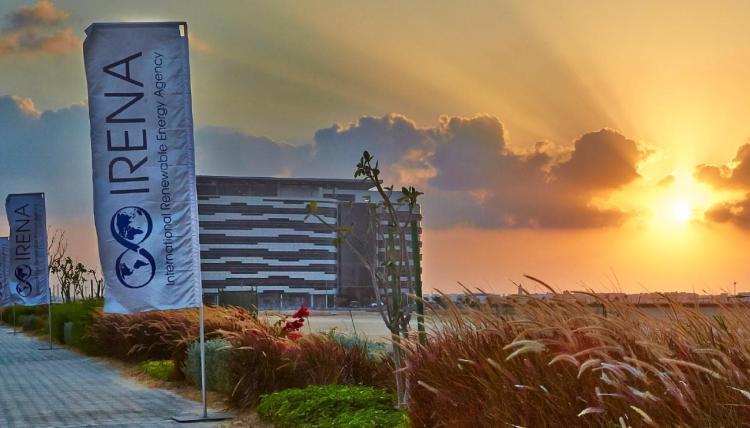By Bernhard Schell
DUBAI, United Arab Emirates | 28 January 2024 (IDN) — The lead global intergovernmental agency for energy transformation, the International Renewable Energy Agency (IRENA), which supports countries in their energy transitions, and provides state-of-the-art data and analyses on technology, innovation, policy, finance and investment, marked its 15th anniversary on 26 January.
The day coincided with the inaugural International Day of Clean Energy, declared by the United Nations General Assembly (UNGA) last year.
The joint celebration of IRENA’s anniversary and the first International Day of Clean Energy took place against the backdrop of the highly consequential Climate Summit in Dubai (COP28), which established a global goal to triple renewable energy capacity by 2030, aligning with IRENA’s World Energy Transitions Outlook (WETO).
WETO charts a clear path toward 1.5°C by focusing on key priorities for the energy transition such as modernising and expanding infrastructure, establishing robust enabling policies, and enhancing institutional and human capacity.
IRENA’s membership comprises 168 countries and the European Union (EU). Together, they decide on the Agency’s strategic direction and programmatic activities, in line with the global energy discourse and priorities to accelerate the deployment of renewables-based energy transitions worldwide.
IRENA Director-General Francesco La Camera said: “The establishment of an international day, largely thanks to the advocacy of the UAE and Panama as co-facilitators of the UN resolution, is a testament to the growing support for renewables seen worldwide. A fair, just, equitable, and urgent transition towards clean energy is essential to avoid the worst of climate effects and spur sustainable development.”
As the global community begins to assess the outcomes of COP28, he added, the commemoration offers a significant occasion to sustain the impetus for renewables and reaffirm international commitments towards a sustainable future.
With the world still reeling from the economic effects of the pandemic, the scale of the climate emergency has become ever more obvious in recent years, with record high temperatures and extreme weather events linked to climate change occurring around the globe.
The success achieved this decade in reducing greenhouse gas emissions will determine whether global temperature rise can be limited to 1.5°C of pre-industrial levels this century, in line with the objectives of the Paris Agreement. IRENA’s 1.5°C Scenario in the World Energy Transitions Outlook presents a pathway to achieve the 1.5°C target by 2050, positioning electrification and efficiency as key transition drivers enabled by renewable energy, clean hydrogen and sustainable biomass.
This first volume of the 2023 Outlook provides an overview of progress by tracking implementation and gaps across all energy sectors, and identifies priority areas and actions based on available technologies that must be realised by 2030 to achieve net zero emissions by mid-century.
The report also provides three key pillars that can form the foundations for action to realign the global energy transition with climate objectives: building the necessary infrastructure and investing at scale to accommodate new production locations, trade patterns and demand centres; advancing a policy and regulatory architecture that can facilitate targeted investments, and improve socio-economic and environmental outcomes; and a strategic realignment of institutional capacities to help ensure that skills and capabilities match an energy system that integrates a high share of renewables. [IDN-InDepthNews]
Photo credit: IRENA
IDN is the flagship agency of the Non-profit International Press Syndicate.


